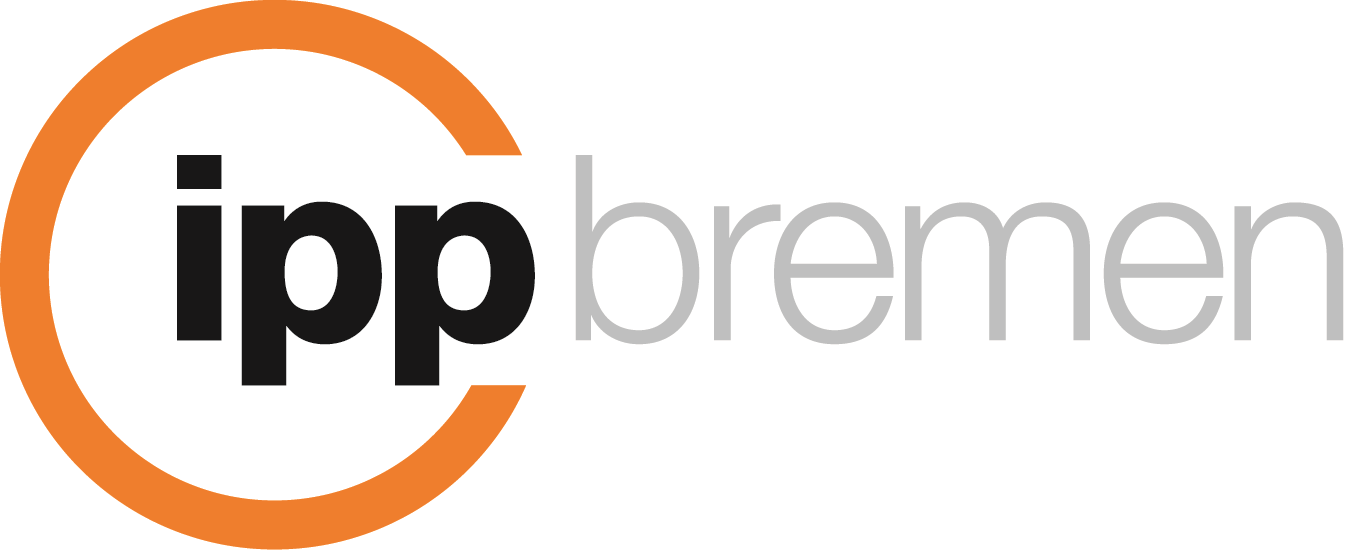Projektdetails
ETAP: Evaluation of semi-automated care processes in long-term care using AI-based movement monitoring as an example
Mathias Fünfstück;
Julia Misonow MSc.;
Henrik Wiegelmann M.A. (bis 31.8.23);
Description
Research Questions and Objective
Against the background of increasing stressors on staff in long-term care, changing care needs, and a shortage of qualified nursing staff, ETAP is investigating which prerequisites must be in place for the use of artificial intelligence (AI) in long-term care to relieve the workload. For this purpose, AI-based movement monitoring will be implemented in inpatient long-term care facilities as well as for outpatient care recipients in their own homes.
Research progress
Through partial automation in fall risk screening, recording of mobility status and documentation, positive effects on care planning and documentation are to be achieved and the relationship between demands and resources in the nursing work process and stressors and stress relieving factors are to be investigated.
Methods
ETAP realizes a multiphase, prospective mixed-methods intervention study with control group design. Along a co-creation process together with stakeholders from care institutions, care recipients and technology development, the AI-based movement monitoring will be implemented in care practice. Furthermore, loading and unloading effects of the use of AI in nursing practice will be evaluated within the framework of a prospective, quasi-experimental intervention study with quantitative and qualitative research components. Data will be collected before and after going through the co-creation process as well as after 12 months of operation of the AI system along the job-demands-resources model, among others.
The IPP working group represents the nursing science perspective in the ETAP consortium and is significantly involved in the conception, implementation and evaluation of the analysis of stressors and stress relieving factors, which includes 200 employees from nursing facilities and 340 people with care needs.
Contact, Information
ETAP is funded by the German Federal Ministry of Health as part of the funding program "Artificial Intelligence in Professional Long-Term Care: Evaluation of Possible Stressors and Stress Relieving Factors for Nurses”.
ETAP-Homepage www.etap-projekt.de
Contact:
Karin-Wolf-Ostermann
Further information
External project partner
Westfälische Hochschule, Institut Arbeit und Technik, Gelsenkirchen, Universität Bremen, Cognitive Systems Lab (CSL), FutureApp Solutions Care GmbH, Darmstadt, AWO Karlsruhe gGmbH, Stift Tilbeck, Havixbeck, Stiftung zu den Heiligen Fabian und Sebastian, Rosendahl, DHC Digital HealthCare-Systems GmbH, Bochum; Dig
Contact, Information
ETAP is funded by the German Federal Ministry of Health as part of the funding program "Artificial Intelligence in Professional Long-Term Care: Evaluation of Possible Stressors and Stress Relieving Factors for Nurses”.
ETAP-Homepage www.etap-projekt.de

